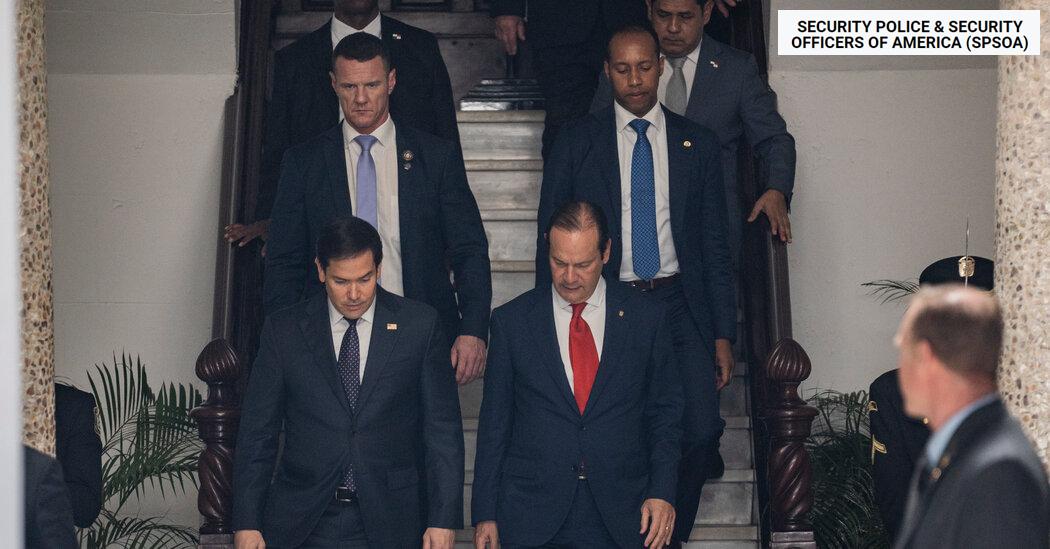In a sudden turn of events, U.S. Secretary of State Marco Rubio has made an urgent appeal to Panama’s leadership, stressing that immediate actions are necessary to safeguard the Panama Canal’s neutrality amid rising concerns about Chinese involvement. Rubio’s comments come after a series of meetings that highlighted the potential risks associated with foreign influence in a region vital to global shipping.
Rubio underscored the U.S. government’s serious concerns about China’s increasing presence around the canal, a point of historical significance where the U.S. maintained control until 1999. The angst over Chinese investments and operations near such a crucial passageway for commerce raises alarms about national security.
China and the Panama Canal: A Growing Concern
Recent developments have focused on CK Hutchison Holdings, a Hong Kong-based company that operates several ports at both ends of the canal. U.S. officials have labeled the company’s operations a potential threat to national security.
- Marco Rubio emphasized the need for Panama to reassess its associations with foreign entities.
- The U.S. may consider actions to preserve its treaty rights that date back to the 1977 neutrality agreement.
- President Trump has hinted at more drastic measures, including military interventions, to reinforce the U.S. stance.
Despite these tensions, Panama’s Foreign Minister Erika Mouynes sought to ease fears by asserting that Panama will continue to operate the canal independently. She firmly stated, “Panama manages the canal and will safeguard its sovereignty.” This assertion signals Panama’s determination in the face of external pressures.
Panama’s Stance on U.S. Demands
Following this, Panamanian President Raúl Mulino reiterated his country’s sovereignty over the canal during discussions with Rubio. Mulino also announced the intention to withdraw from the 2017 Belt and Road Initiative with China, a move that aligns Panama more closely with U.S. interests.
| Key Agreements | Details |
|---|---|
| Belt and Road Initiative | Panama will not renew 2017 agreement with China. |
| U.S. Investments | Seeking heightened U.S. investments in local infrastructure projects. |
| Military Intervention Clause | The U.S. may intervene if canal operations are disrupted, according to the 1977 treaty. |
What Lies Ahead for Panama and the U.S.
As this situation unfolds, many are curious about Panama’s next steps. The Panamanian government has signaled its desire for increased U.S. investment while navigating delicate relationships with powerful nations like China.
For many in the region and beyond, the outcome of this diplomatic struggle will impact not only Panama’s future but also the balance of power in global trade routes.
Authorities on both sides of the debate are advocating for peace and cooperation. However, national security concerns continue to cast a shadow over these discussions, pushing both Panama and the U.S. to find common ground amid significant political pressure.
